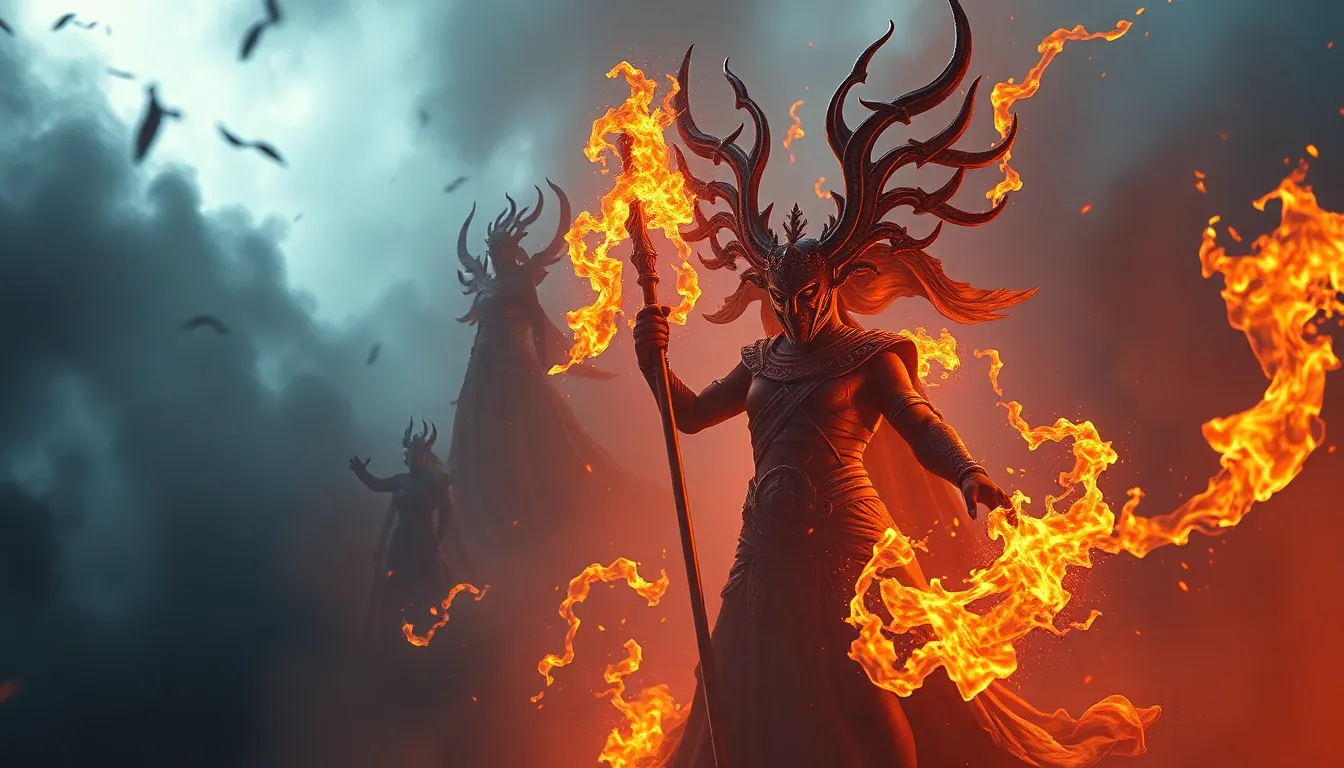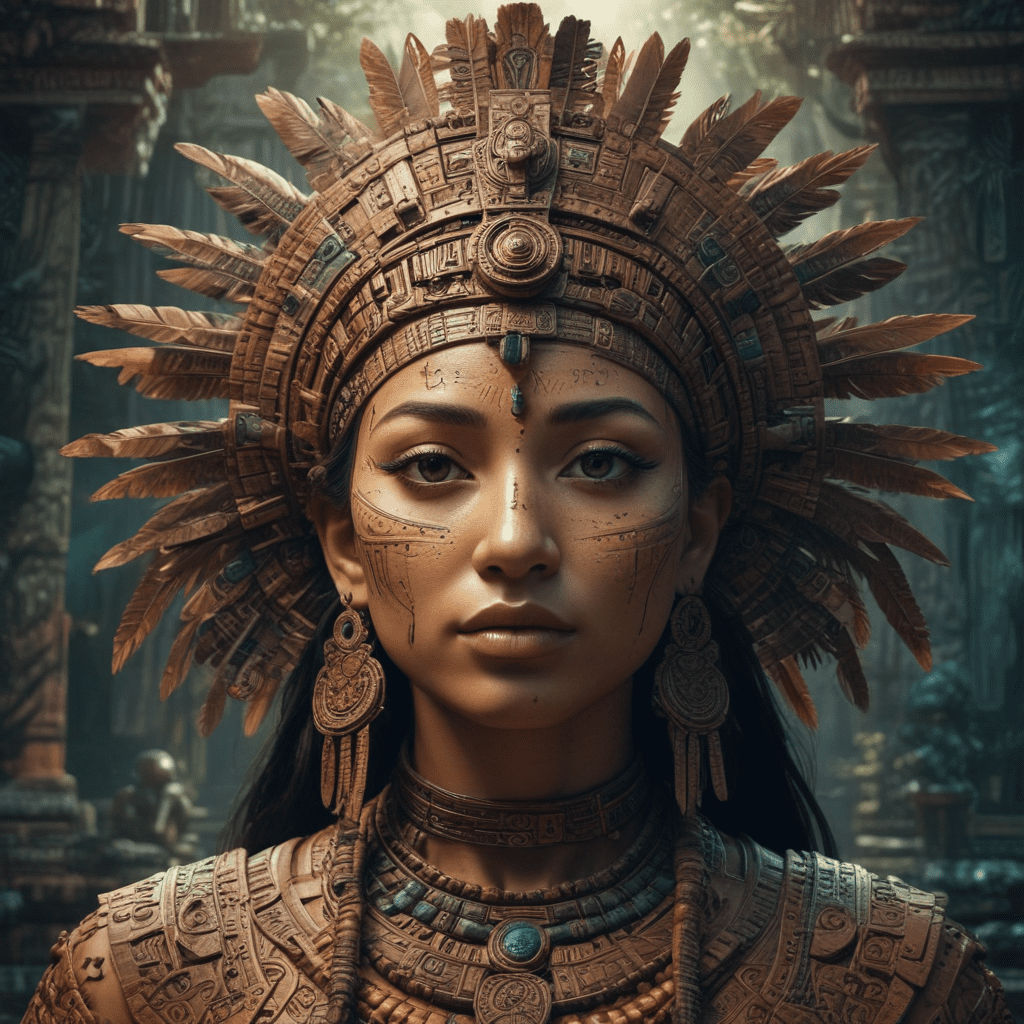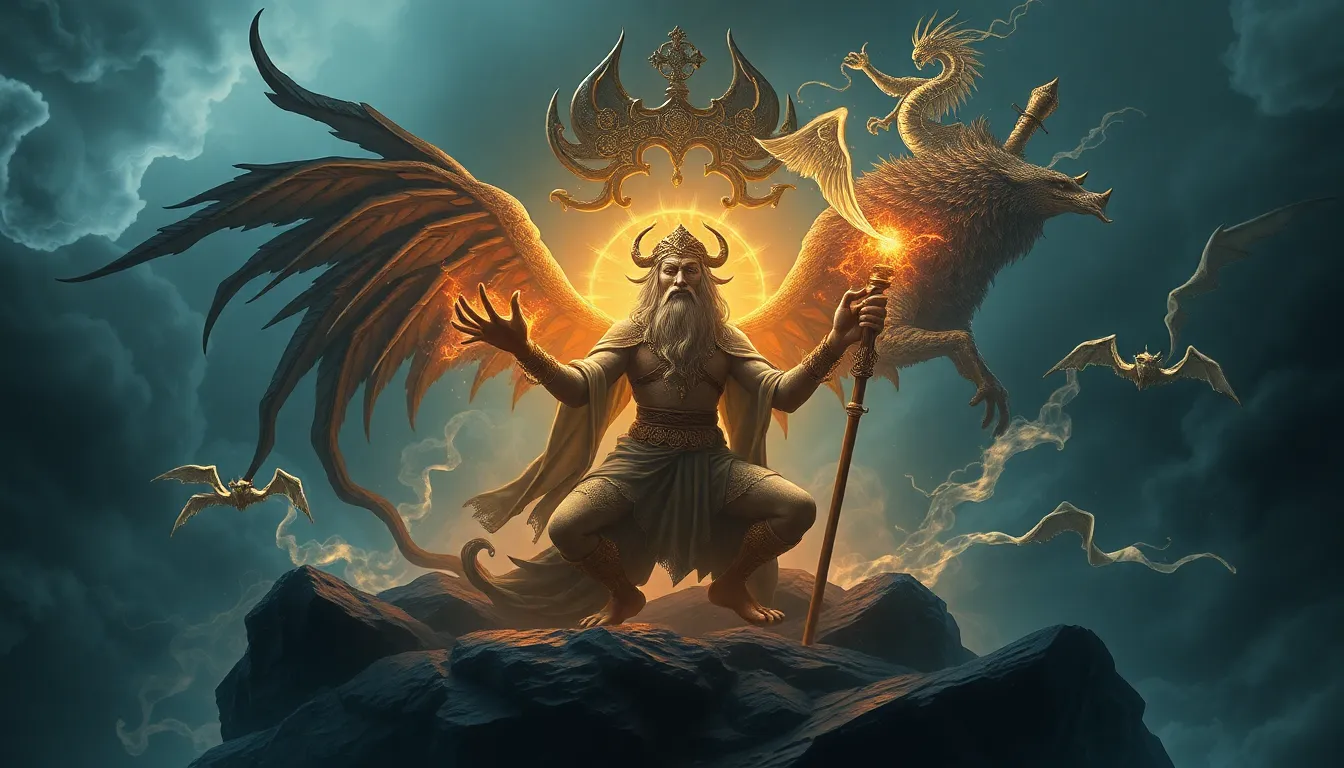Cultural Heroes: The Myths That Embody Our Values
I. Introduction to Cultural Heroes
Cultural heroes are figures that embody the values, beliefs, and ideals of a society. These heroes often emerge from myths, tales, and stories passed down through generations, serving as role models for individuals and communities alike.
The importance of myths in shaping societal values cannot be overstated; they help us understand who we are, where we come from, and what we aspire to be. This article will explore the role of myths in culture, the characteristics of cultural heroes, notable examples across different cultures, their evolution in contemporary society, and the challenges and critiques surrounding hero narratives.
II. The Role of Myths in Culture
Myths and storytelling have been a fundamental aspect of human culture throughout history. They serve to convey moral lessons, explain natural phenomena, and establish social norms.
From a psychological perspective, myths have a profound impact on both individuals and communities. They provide a framework for understanding complex emotions and societal dynamics, often acting as a source of comfort and guidance.
- Myths reflect cultural values and beliefs, illustrating what is deemed important or virtuous within a society.
- They foster a sense of identity and belonging, connecting individuals to their heritage.
- Myths can also challenge existing norms, prompting critical reflection and change.
III. Characteristics of Cultural Heroes
Cultural heroes often share common traits and qualities that make them resonate across various societies. These include:
- Bravery and courage in the face of adversity.
- Selflessness and a commitment to the greater good.
- A journey of transformation, often marked by trials and tribulations.
The journey of a hero is a central theme in many myths, encapsulated in archetypes such as the “Hero’s Journey” popularized by Joseph Campbell. This journey often involves:
- The call to adventure.
- Facing challenges and obstacles.
- Returning transformed to share knowledge or wisdom.
Through their journeys, heroes inspire individuals and influence societal norms, showing what is possible and encouraging others to strive for greatness.
IV. Case Studies of Cultural Heroes Across Different Cultures
Examining cultural heroes from various backgrounds sheds light on the diverse ways societies express their values:
A. Western examples: Hercules and Superman
Hercules, a figure from Greek mythology, represents strength and courage, overcoming immense challenges to achieve greatness. Superman, a modern superhero, embodies hope and justice, often seen as a protector of the innocent.
B. Eastern examples: Sun Wukong (Monkey King) and Mulan
Sun Wukong, from Chinese folklore, symbolizes rebellion against oppression and the quest for knowledge. Mulan, a legendary figure, showcases bravery and loyalty, challenging gender norms to protect her family and country.
C. Indigenous heroes: Nanabozho and Anansi the Spider
Nanabozho, a trickster figure in Native American mythology, represents wisdom and adaptability, often teaching valuable lessons through his adventures. Anansi the Spider, from African folklore, embodies cleverness and resourcefulness, often using his wit to overcome challenges.
V. The Evolution of Cultural Heroes in Contemporary Society
In modern media, the representation of cultural heroes has evolved significantly. Today, heroes often reflect a more diverse and complex understanding of morality and ethics.
- Shifts in hero representation include a focus on flawed characters who grapple with moral ambiguity.
- Globalization has led to the blending of hero narratives, creating new hybrids that resonate across cultures.
- Social media plays a crucial role in redefining heroism, allowing individuals to share personal stories of heroism and activism.
VI. Cultural Heroes and Social Justice Movements
The emergence of new cultural heroes in the fight for equality highlights the ongoing relevance of hero narratives. Figures like Martin Luther King Jr. and Malala Yousafzai exemplify the power of individual action in the pursuit of justice.
Myths surrounding these heroes serve as tools for activism and change, inspiring others to take action in their communities. Their stories encourage a collective effort towards creating a more equitable society.
VII. The Intersection of Myth and Reality
Cultural heroes often blur the lines between fact and fiction, leading to both inspiration and idealization. While these figures can serve as powerful motivators, there are consequences to idealizing them.
- Heroic narratives can overshadow the contributions of others, creating a singular narrative around heroism.
- Idealization can lead to unrealistic expectations and disappointment when heroes fall short.
It is essential to balance inspiration with a critical analysis of heroes’ actions, recognizing their complexities and flaws.
VIII. The Role of Education in Understanding Cultural Heroes
Education plays a vital role in teaching myths and heroes in schools, fostering an understanding of cultural values.
- Incorporating diverse perspectives in hero narratives enriches students’ learning experiences.
- Encouraging critical thinking about cultural values helps students navigate the complexities of heroism.
By understanding the multifaceted nature of cultural heroes, students can appreciate the lessons they impart while recognizing the need for critical engagement.
IX. Challenges and Critiques of Cultural Hero Narratives
Despite their importance, cultural hero narratives face several challenges and critiques:
- The risk of cultural appropriation and misrepresentation can dilute the significance of original stories.
- Creating a singular narrative around heroism can marginalize alternative voices and perspectives.
- Re-evaluating heroes in light of contemporary values is essential to ensure relevance and accuracy.
X. Conclusion: The Future of Cultural Heroes
The future of cultural heroes will likely continue to evolve, reflecting societal changes and the complexities of the human experience. As we navigate an increasingly interconnected world, the narratives we create and share about heroes will play a crucial role in shaping our values and aspirations.
By critically engaging with these myths, we can foster a deeper understanding of heroism that embraces diversity, challenges norms, and inspires positive change in our communities.




